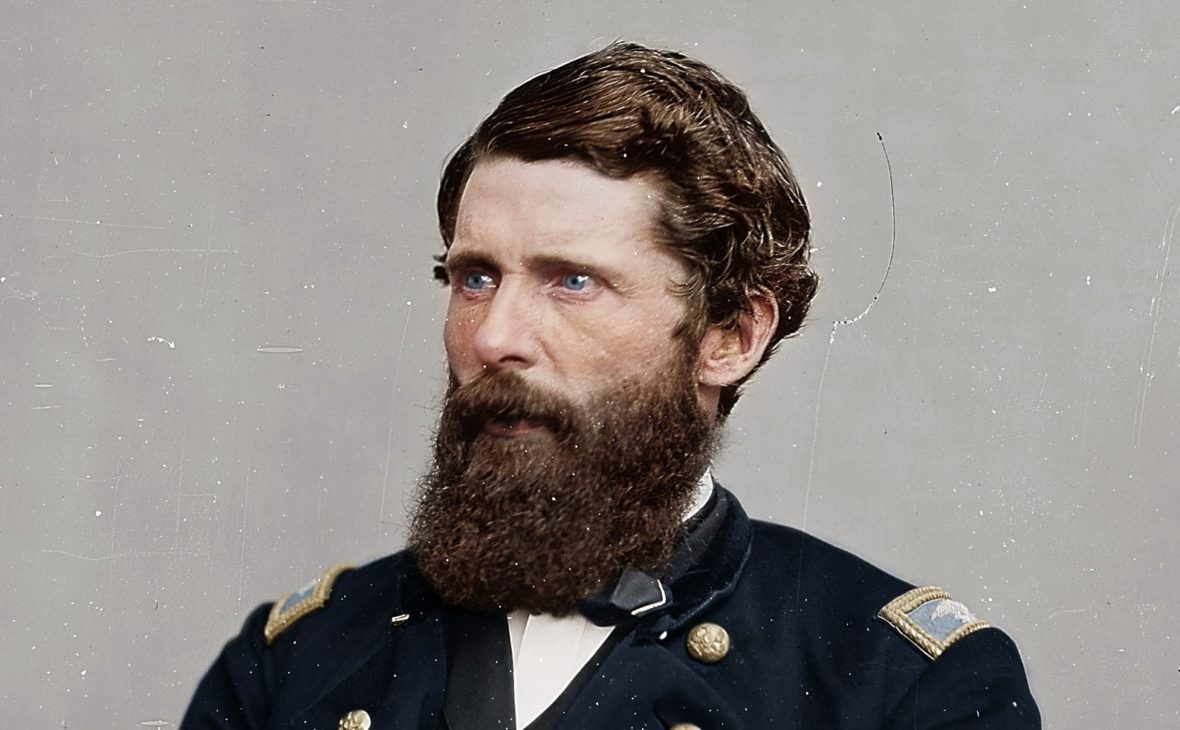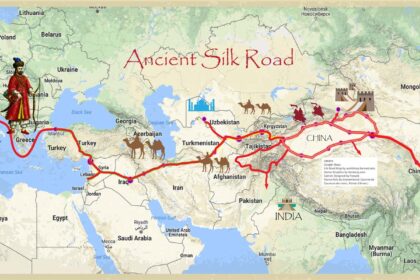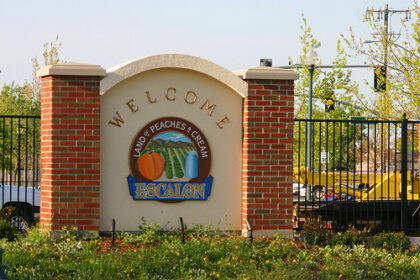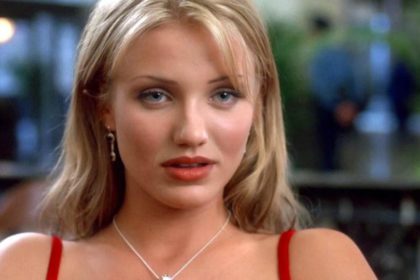Lafayette Curry Baker was a United States investigator and spy, serving the Union Army, during the American Civil War and under Presidents Abraham Lincoln and Andrew Johnson. Take a look below for 27 more interesting and scary facts about Lafayette C. Baker.
1. Baker was born in Stafford, New York, on October 13, 1826.
2. He became a mechanic, moved to Michigan in 1839, returned to New York in 1848, moved to California in 1853, and was a San Francisco vigilante in 1856.
3. He moved to the District of Columbia in 1861.
4. Baker’s exploits are mainly known through his book “A History of the Secret Service” which he published in 1867 after his fall from grace.
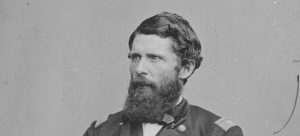
5. During the early months of the Civil War, he spied for General Winfield Scott on Confederate forces in Virginia.
6. Despite numerous scrapes, he returned to Washington, D.C., with information that Scott evidently thought valuable to raise him to the rank of captain.
7. As Provost Marshall of Washington, D.C. from September 12, 1862, to November 7, 1863, Baker ran the National Detective Bureau, also sometimes known as the “National Detective Police Department.”
8. He was appointed colonel of D.C. Cavalry, May 5, 1863.
9. According to Glenn Hastedt, “Although his accomplishments were many, Baker operated with little regard for warrants or the constitutional rights of those he pursued. He is also reported to have employed brutal interrogation techniques in order to obtain information.”
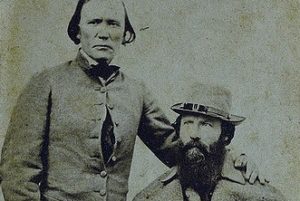
10. Baker owed his appointment largely to Secretary of War Edwin M. Stanton, but suspected the secretary of corruption and was eventually demoted for tapping his telegraph lines and packed off to New York.
11. Little is known about Lafayette’s early years, but it is known that he headed to California to try his luck during the gold rush.
12. He didn’t find success as a prospector, so he turned to other pursuits.
13. He joined the 1856 San Francisco vigilance committee, which took control of the city government in an effort to put a stop to crime and corruption.
14. It’s believed that Baker took part in a number of lynchings during his time in the San Francisco vigilance committee, and was asked to take a position on the San Francisco Police force after the committee was dissolved.
15. Baker remained in California until 1861, but with news of the burgeoning rebellion, he rushed back east to see if he could secure some position with the Union Army.
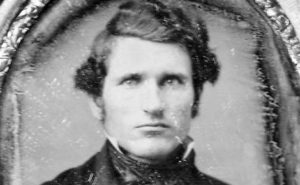
16. Baker was recalled to Washington after the assassination of President Lincoln in 1865.
17. Within two days of his arrival in Washington, Baker’s agents in Maryland had made four arrests and had the names of two more conspirators, including the actual presidential assassin John Wilkes Booth.
18. Before the month was out, Booth along with David Herold were found holed up in a barn and Booth was himself shot and killed by Sgt. Boston Corbett.
19. Baker received a generous share of the $100,000 reward offered to the person who apprehended the president’s killer.
20. President Andrew Johnson nominated Baker for appointment to the grade of brigadier general of volunteers, April, 26, 1865, but the United States Senate never confirmed the appointment.
21. Baker was mustered out of the volunteers on January 15, 1866.
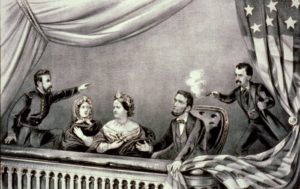
22. The following year, Baker was sacked from his position as government spymaster.
23. President Johnson accused him of spying on him, a charge Baker admitted in his book which he published in response.
24. He also announced that he had had Booth’s diary in his possession, which was being suppressed by the Department of War and Secretary of War Edwin M. Stanton.
25. When the diary was eventually produced, Baker claimed that eighteen vital pages were missing. It was suggested by Otto Eisenschimi in his book, “Why Was Lincoln Murdered?”, that these would implicate Stanton in the assassination.
26. On July 3, 1868, Baker retired to home complaining of soreness from a gun wound during a hunting trip.
27. He had been out drinking with Wally Pollack, his brother in law, and came home feeling sick, passing away later that night, reportedly from meningitis.

